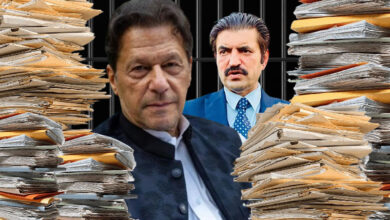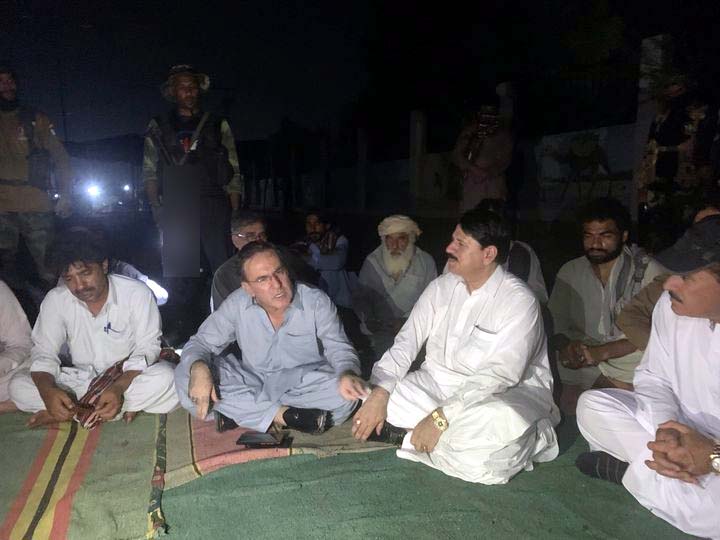“A Few Judges and Generals Gave Nuclear Power to Imran Khan on the Request of His Family: Ahsan Iqbal”

Islamabad: Federal Minister for Planning and Development Ahsan Iqbal has accused a few judges and generals of handing over control of Pakistan’s nuclear arsenal to Imran Khan based on the requests of his family. Iqbal claimed that under Imran Khan’s leadership, the country witnessed the promotion of hatred, abusive rhetoric, and the destruction of the national economy.
While addressing a ceremony, Iqbal said that Imran Khan had no experience in managing local government or provincial departments. He alleged that it was the intervention of certain judges and military generals, at the behest of their families, that gave Imran Khan the reins of Pakistan, a nuclear power. According to Iqbal, Khan’s tenure only resulted in two outcomes: fostering division and verbal abuse among the people, and ruining the economy with his incompetence.
Referring to the political situation when the opposition feared that Pakistan would become the next Sri Lanka in 2022, Iqbal emphasized that while Sri Lanka may have gone bankrupt, an atomic power like Pakistan could never face such a crisis without creating severe global risks. He said, “We, the coalition of twelve parties, saved the country from crisis and worked to stabilize the economy through difficult decisions.”
Iqbal also mentioned that if elections had been held a month after the economic recovery, the Pakistan Muslim League-Nawaz (PML-N) would have returned with a two-thirds majority. However, he argued that conducting elections prematurely would have pushed Pakistan toward bankruptcy. “We prioritized the state over politics because without the state, politics has no meaning,” he added.
The minister further explained that Pakistan’s economic recovery involved implementing the policies agreed upon by Imran Khan’s government with the International Monetary Fund (IMF). He revealed that despite the agreement made by the previous government, the current administration had to implement the conditions, which included raising fuel prices to match global rates. As a result, petrol prices rose by 150 rupees, but the government had no choice due to the agreement.
Iqbal praised the resilience of the public in dealing with the sharp rise in prices, highlighting that there were no protests or demonstrations despite the hardships. He emphasized that the public understood that the responsibility for the tough decisions lay with Imran Khan’s administration, not the current government.
He also criticized the Pakistan Tehreek-e-Insaf (PTI) for its agenda to destroy the country, calling for an end to the politics of protests and sit-ins, which he said had caused significant harm to Pakistan.





